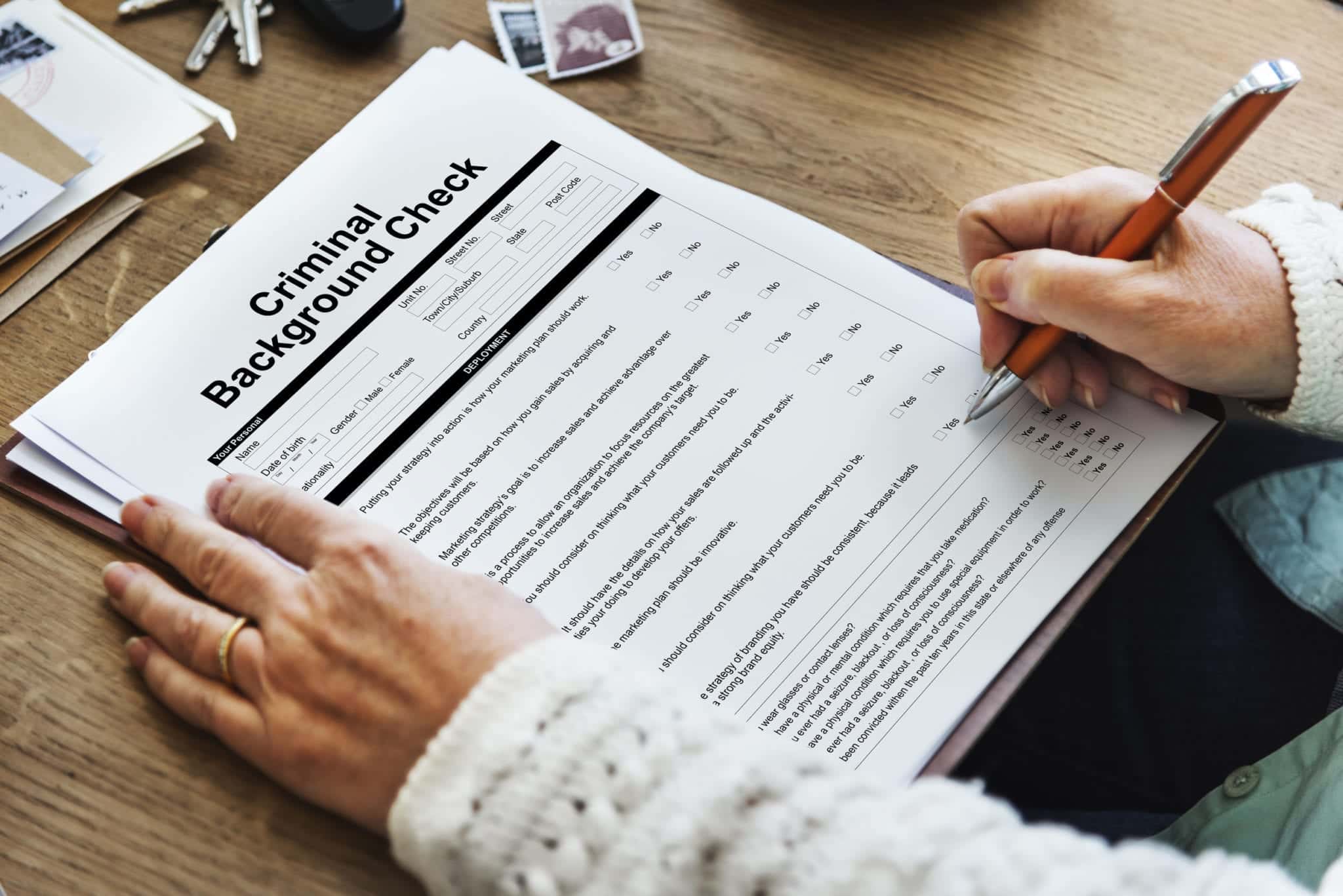Most people charged with a DUI face state charges. However, it may come as a significant surprise that you can be charged with a federal crime for DUI.
Because most roadways are within the jurisdiction of the state government, it is a natural assumption that DUIs will be handled by state or local law enforcement. However, if an offender is on federal property when charged, they can be held liable in federal court.
While there is no specific federal statute which addresses driving under the influence, federal prosecutors may refer to one of two legal authorities: Either the Code of Federal Regulations or the Assimilative Crimes Ac.
For this reason, if you are currently facing federal DUI charges, be sure your Houston DUI attorney has experience handling federal criminal cases.
In the meantime, today’s post will provide you with the basic knowledge regarding the differences between state and federal DUI charges, what federal legislation says about them, and the penalties you may face upon conviction.
State and Federal DUI: What’s the Difference?
If you are driving under the influence on federal lands, you will face different judicial experiences than at the state level. Some examples of differences:
- You will stand before a federal criminal court instead of a state court.
- Your defense will likely be required to provide more stringent proof.
- Penalties are typically more severe, and usually require prison time.
- Fines are almost always higher with federal-level convictions.
Further, it is important to realize that even if your blood alcohol content (BAC) is proven to have been below the legal limit (currently 0.08), when additional evidence shows you were too impaired to operate the vehicle in a safe manner, you may still be convicted of a DUI. This is true even if you were not actually driving (for example, if you were “sleeping it off” in the backseat of the car).
How Are Federal Lands Defined for DUI Cases?
An area is typically classified as under federal protection if, when damaged, it could cause major harm to the federal government in some manner. Below is a quick list of areas considered federal land or property:
- Military forts and bases
- Parking lots, buildings, empty lots
- Historical and national monuments
- Courthouses and surrounding areas
- National parks and forests
- Airports
These are all designated as federal lands and property which falls under the jurisdiction of federal prosecutors. Next, let’s take a look at how exactly federal law can be applied.
How Federal Law Is Applied When Your Texas DUI Occurs on Federal Property
Federal DUIs are fairly straightforward cases requiring the application of either of the aforementioned pieces of legislation. Land managed by the National Park Service is subject to the Code of Federal Regulations, while all other federal properties are governed by the Assimilative Crime Act. This act defers to state laws, but is still punished at the federal level.
Code of Federal Regulation
Crimes committed on land managed by the NPS are managed through the Code of Federal Regulations (CFR). Here, a DUI is a Class B Misdemeanor, punishable by a fine of up to $5,000, up to six months in federal prison, and five years maximum of federal probation.
Further, when an injury or death is directly related to a federal DUI, your misdemeanor charge may be elevated to a felony, and your penalties can be significantly increased as well.
How significantly?
A minor accident can double your sentence, serious injury will get you five years, and in the event of death, you could face a decade in jail.
Assimilative Crimes Act
The Assimilative Crimes Act was originally passed nearly 200 years ago. It essentially says that when a state-level crime is committed on federal property and there is no specific federal statute addressing it, the crime will be prosecuted according to state law. The law is used as a “gap-filler” for federal criminal law.
On federal property that is not managed by the National Park Service, your federal DUI will be prosecuted according to Texas DUI law. A first-time DWI offense in Texas is classified as a Class B Misdemeanor as well.
Note that you will still be held liable for additional federal penalties and fines, and that any jail time will be served in federal prison – not a local jailhouse.
Note that you will still be held liable for additional federal penalties and fines, and that any jail time will be served in federal prison – not a local jailhouse.
Something else to consider: federal convictions are not eligible for expungement. This means that it is even more important to work with the right legal representation to avoid that outcome. Otherwise, you will be dealing with a federal DUI on your permanent record, which can impact you in a number of negative ways.
In some cases, an offender’s attorney has been able to limit penalties to a simple license suspension, which is considered an administrative (or civil) issue, not a punishment to be applied to your criminal record.






